Convention on the Conservation of Migratory Species of Wild Animals (CMS)



As an environmental treaty of the United Nations, CMS provides a global platform for the conservation and sustainable use of migratory animals and their habitats. CMS brings together the States through which migratory animals pass, the Range States, and lays the legal foundation for internationally coordinated conservation measures throughout a migratory range. Migratory species threatened with extinction are listed in Appendix I of the Convention. CMS Parties strive towards strictly protecting these animals, conserving or restoring the places where they live, mitigating obstacles to migration and controlling other factors that might endanger them. Migratory species that need or would significantly benefit from international co-operation are listed in Appendix II of the Convention with the Range States encouraged to conclude global or regional agreements.


CMS Dugong MoU Secretariat



The Memorandum of Understanding on the Conservation and Management of Dugongs and their Habitats throughout their Range (CMS Dugong MoU) is an international agreement that aims to promote internationally coordinated actions to ensure the long-term survival of dugongs and their seagrass habitats throughout their extensive range. The CMS Dugong MoU entered into effect on 31 October 2007 in Abu Dhabi, United Arab Emirates, and has since been signed by 27 countries.
In 2009, CMS and Environment Agency - Abu Dhabi (EAD) entered into a partnership that established a CMS Office in Abu Dhabi, to host the CMS Dugong MOU Secretariat and the CMS Raptors MOU Secretariat. The partnership between CMS and the Government of the UAE has remained in place for over 10 years and generated significant achievements for international cooperation on migratory species conservation.
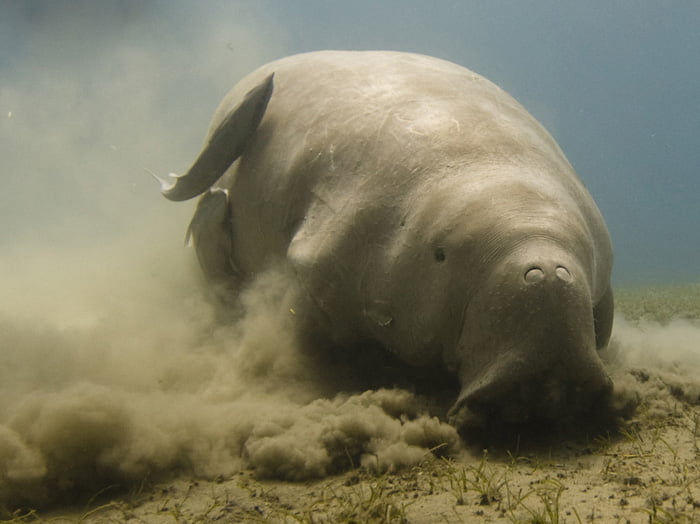

International Climate Initiative (IKI)



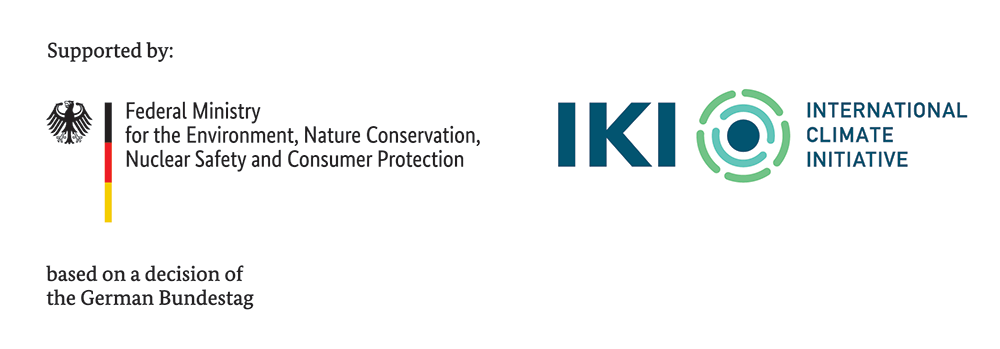

The International Climate Initiative (IKI) is the most important instrument utilized by the Federal Ministry for the Environment, Nature Conservation and Nuclear Safety (BMU) to support international climate action and biodiversity. With the IKI, the BMU supports solution strategies in developing and emerging countries that seek to achieve sustainable change. Support is targeted precisely to the areas where needs and aspirations are the highest. IKI assists its partner countries to implement the Nationally Determined Contributions (NDCs) that lie at the heart of the Paris Agreement and to take an ambitious approach to their future development. Such development includes measures for adaptation to the impacts of climate change and for improving resilience to the unavoidable consequences. In relation to biodiversity, IKI supports partner countries in their efforts to achieve the targets agreed in the Convention on Biological Diversity (CBD) with the aim of countering and reversing the dramatic losses suffered by natural habitats all over the planet. To obtain IKI funding, proposed projects must be based in countries on a list prepared by the Development Assistance Committee (DAC). To date, IKI has approved funding for more than 750 climate and biodiversity projects in over 60 countries worldwide, with a total funding volume of 4.5 billion euros (2008–2020).
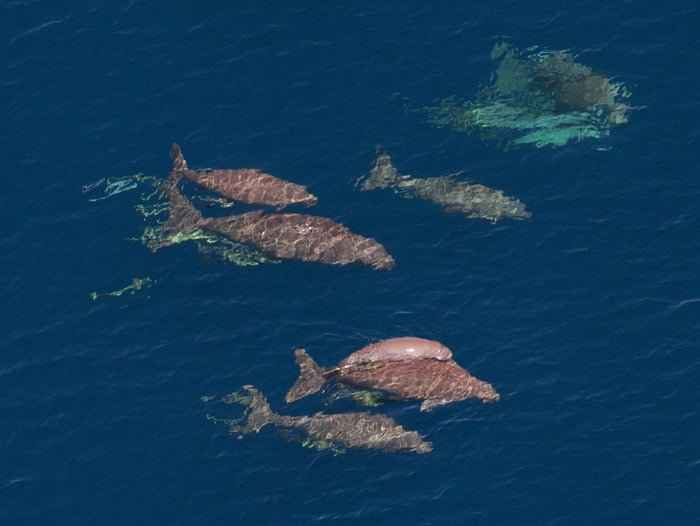

Environment Agency – Abu Dhabi (EAD)
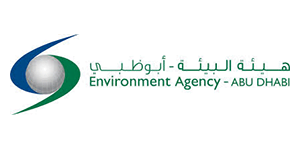


EAD was established in 1996 to preserve Abu Dhabi’s natural heritage and raise awareness about environmental issues. EAD is Abu Dhabi’s environmental regulator and advises the UAE Government on environmental policy. It works to create sustainable communities and to protect and conserve wildlife and natural resources. EAD also works to ensure integrated and sustainable water resources management, safeguard clean air, and minimize climate change and its impacts. EAD has hosted the CMS Office - Abu Dhabi, on behalf of the Government of the United Arab Emirates, since 2009.
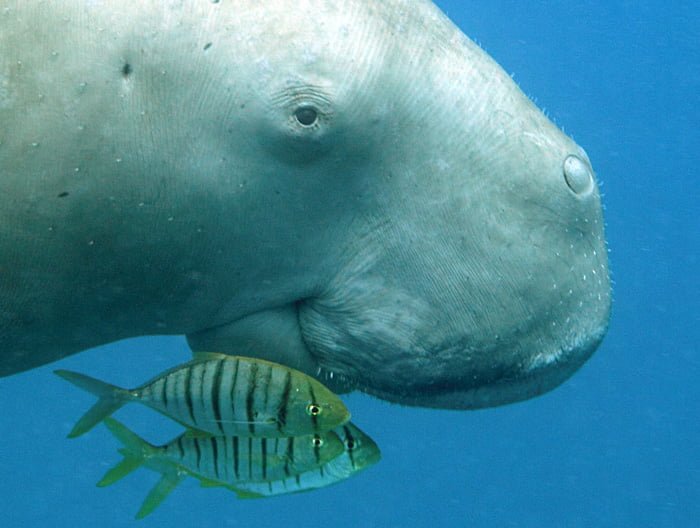

United Nations Environment Programme (UNEP)
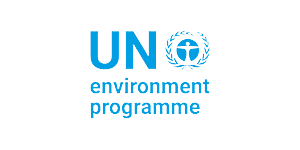


UNEP is the leading global environmental authority that sets the global environmental agenda, promotes the coherent implementation of the environmental dimension of sustainable development within the United Nations system, and serves as an authoritative advocate for the global environment. It provides leadership and encourages partnerships in caring for the environment by inspiring, informing and enabling nations and peoples to improve their quality of life without compromising that of future generations. Headquartered in Nairobi, Kenya, UNEP works through its divisions as well as regional, liaison and out-posted offices and a growing network of collaborating centres of excellence.

